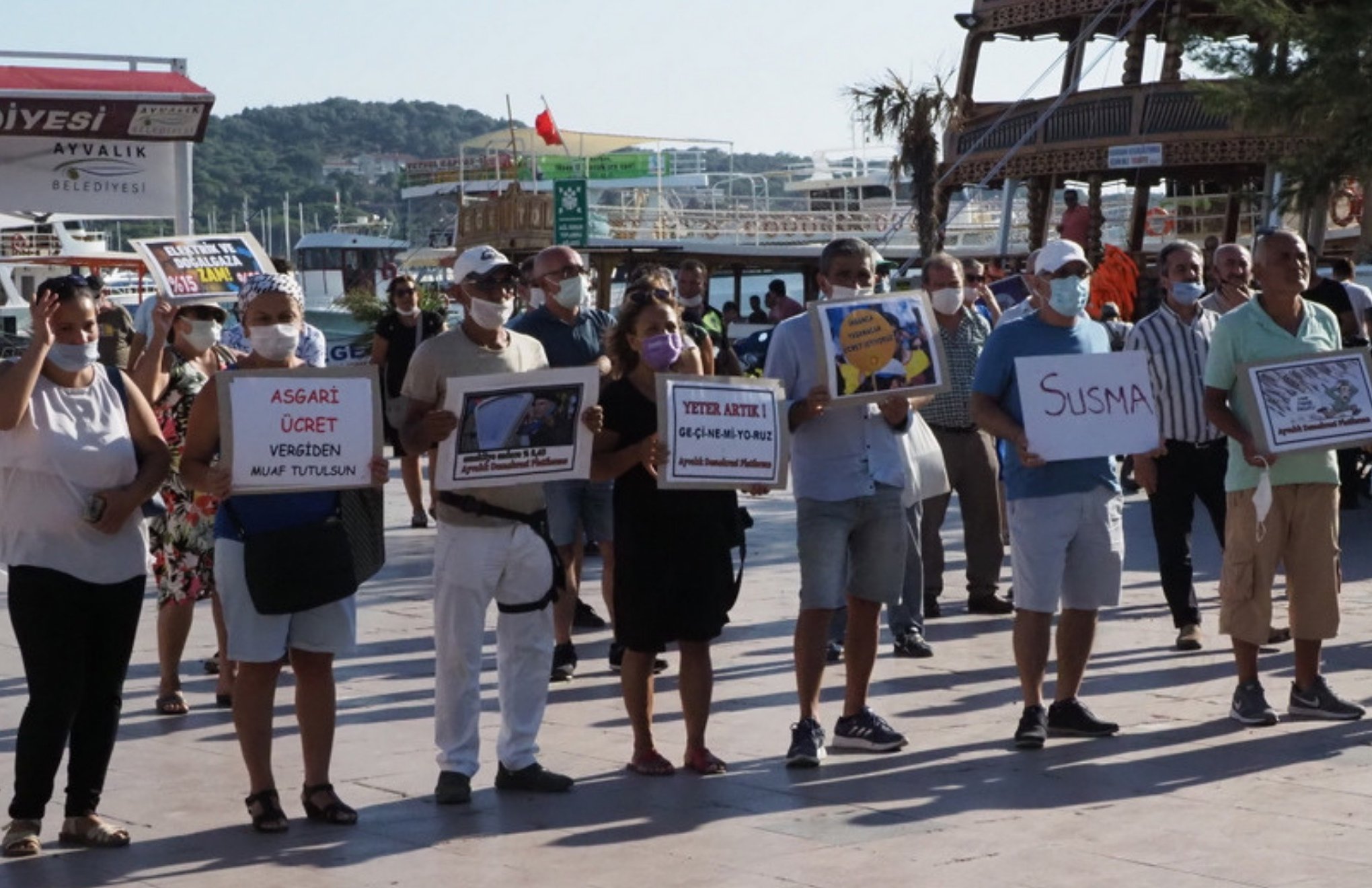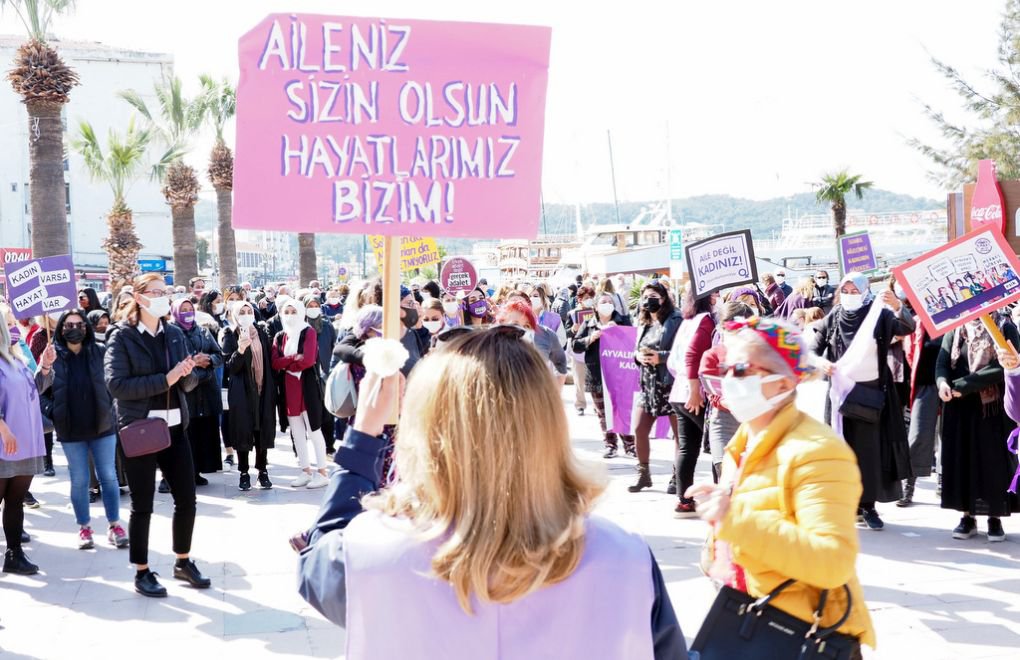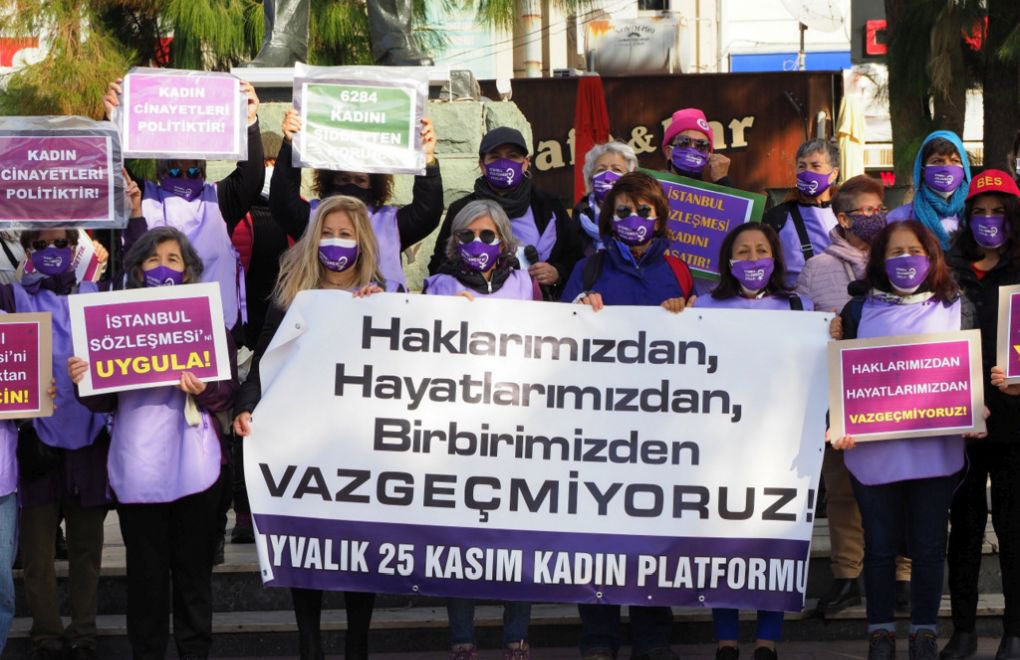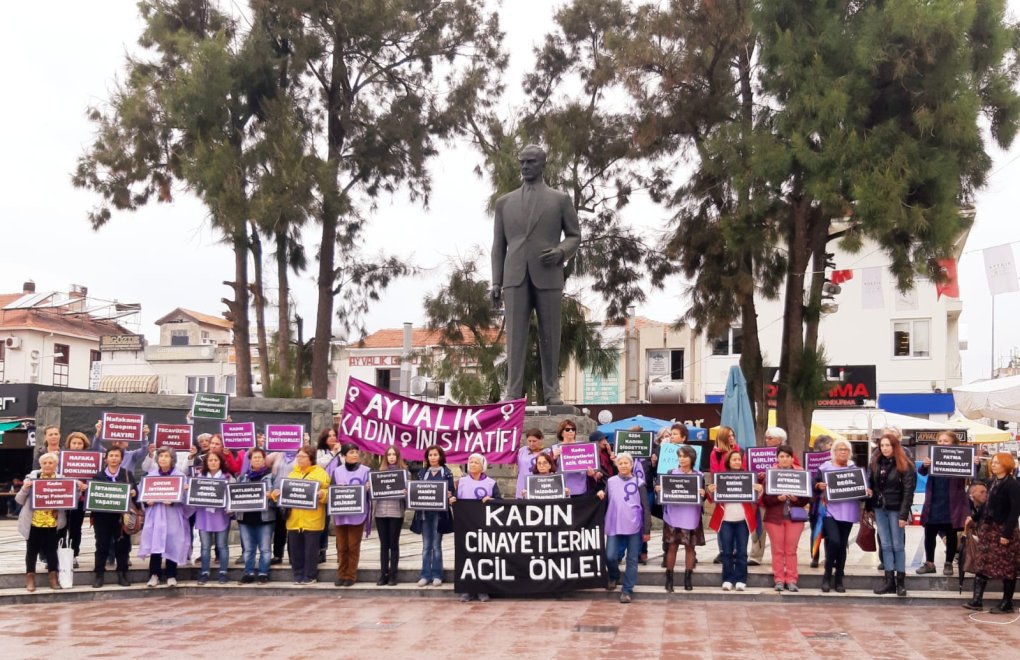Prof. Oran: Turkey in a Tunnel of Fear
The need to question concepts
Prof. Oran began his talk by questioning Kemalist concepts, such as the republic, nationalism, populism, statism, revolutionism, and laicism, as well as concepts such as the national economy, Article 301, the headscarf, Turkishness, Kurdishness and the concept of citizenship. He called for a new discussion on these ideas.
Taking Article 66 of the constitution as an example, Oran discussed whether its content, "Everyone bound to the Turkish state through the bond of citizenship is a Turk", represents a modern understanding of citizenship which promises equal treatment to all, or whether its use of "Turk" leaves the question of religious and ethnic issues unanswered.
Turkey in a tunnel of fear
Oran also addressed the fear of non-Muslim influence in Turkey. He contrasted the fear that the Greek Orthodox Patriarchate would become like the Vatican (i.e. a state within a state) with the fact that there were only 1,473 Greek Orthodox citizens remaining in Turkey. Similarly, he argued that the fear of missionary activity in Anatolia was unfounded, considering that there were only 244 converts in the last 15 years - this according to official statistics from the Ministry of the Interior.
Oran also ridiculed the conspiracy theory that the "dönme" (literally "turners"), the Jews who became Muslims in the 17th century, were controlling the country.
A bourgeoisie has no religion, sect or ethnicity
Of those who were accused of wanting to introduce sharia law into Turkey, Oran claimed that they were rapidly becoming middle class, and that a bourgeoisie was more interested in "maximising profits" than religious or ethnic matters.
Globalisation
Talking about international reactions to globalisation, particularly in Europe, Oran claimed that capital that was independent of states and brought in its course a Western cultural superstructure, was a threat to national, religious and individual identities. (GI/TK/AG)
AYVALIK DEMOCRACY PLATFORM
‘We don’t forget October 10, we don’t forgive’
.jpg)
AYVALIK / BALIKESİR
‘Enough is enough’: Citizens protest price rises

WOMEN’S DAY IN BALIKESİR
‘Everyday is March 8, everyday is struggle’

DAY FOR ELIMINATION OF VIOLENCE AGAINST WOMEN
Women of Ayvalık: Announce that violence is a crime!

WOMEN ON THE STREET
‘We Don’t Give up on Our Rights or Our Lives’





